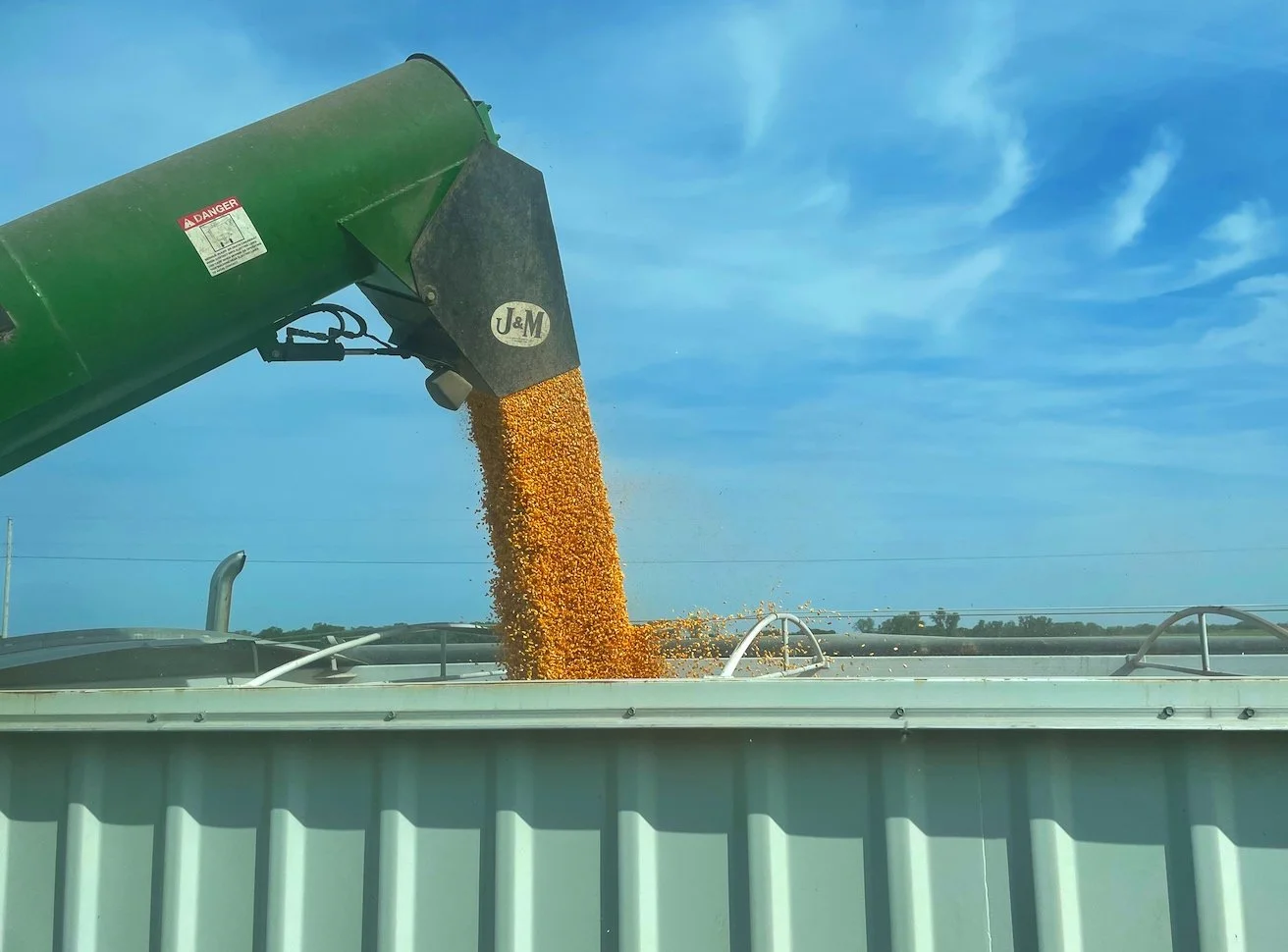Farmers vs. Indiana Grain Agency: Court Reinforces the Purpose of the Grain Indemnity Program is to Protect Indiana Farmers
/In March 2020, the Indiana Grain Buyers and Warehouse Licensing Agency (“Agency”) suspended the grain buying license for Salamonie Mills, a grain elevator with multiple locations in Northeast Indiana. The license suspension came after a foreclosure suit against Salamonie Mills by its largest creditor. In the months that followed, Salamonie Mills was liquidated, its grain storage and other assets sold off to pay its mountain of debt. Farmers who had delivered grain to Salamonie Mills were rightfully worried—would there be enough money to pay them?
The answer, of course, was “no.” On the date Salamonie Mills lost its grain license, its books showed over $10 million in unpaid debts and not nearly enough assets to pay those debts.
Fortunately, farmers in Indiana (and many other states) voluntarily pay a small fee (0.2%) periodically when they sell a bushel of grain to a licensed grain buyer, which is a type of insurance against an elevator failure. In Indiana, these grain fees go into a pooled grain indemnity fund (the “Fund”). When a licensed grain elevator fails, farmers may recover from the Fund the current market price for their bushels delivered to the elevator (and not yet paid for) up to 15 months prior to the date of failure. The Agency decided to use March 20, 2020, as the “failure date” for Salamonie Mills, since that was the date of the second license suspension. Using the 15-month lookback period meant any farmer who delivered grain after December 20, 2018, and paid into the Fund was eligible for reimbursement.
Unfortunately, many farmers had delivered grain to Salamonie Mills prior to the December 20, 2018, cut-off date, and some of that grain was still in storage (at least on paper). The Agency denied reimbursement from the Fund for these earlier bushels. This grain had effectively vanished, leaving these farmers no recourse.
The farmers hired Janzen Schroeder Ag Law to determine whether the March 20, 2020 “failure date” was the correct date—or, as a matter of law, if the Agency should have used an earlier “failure date,” and thus expand the grain deliveries eligible for reimbursement from the Fund. We filed an administrative challenge to the Agency’s decision and then obtained the financial records for Salamonie Mills. We hired an expert accountant who regularly reviews grain elevator financials to review Salamonie Mill’s financial statements. What we uncovered surprised even us.
Beginning by at least December 31, 2018, Salamonie Mills failed to meet the financial requirements to hold a grain license in Indiana. And its financials were not even close. By the end of 2018, Salamonie Mills had a negative net worth of $6.6 million. Indiana law requires grain buyers to have a positive net worth at all times. Salamonie Mills also failed the asset to liability ratio test, with a score of 0.78 (statute requires at least 1:1) and it lacked the required bond. The Agency, which previously received review-level financial statements from Salamonie Mills for 2018, knew about the elevator’s perilous financial condition. Nevertheless, the Agency renewed its license again in 2019.
With this evidence and signs of other red flags, including Agency documents showing that employees had labeled Salamonie Mills a “problem licensee,” we asked the administrative review judge to find that Salamonie Mills had “failed” (a defined statutory term) by at least December 31, 2018. After a multi-day final hearing where the farmers and the Agency presented evidence and arguments, the administrative judge disagreed with us and ruled in favor of the Agency. We appealed to a local court.
On April 29, 2024, the Huntington County Circuit Court reversed the administrative judge and held that the Agency had erred. The Court ruled Salamonie Mills “was a ‘Failure’ by December 31, 2018.” The Court cited evidence of Salamonie Mill’s financial condition, lack of sufficient assets, noncompliance with its debt covenants to creditors, negative net worth, checks issued with insufficient funds, and lack of a sufficient bond. The Court explained that the Agency’s decision ran contrary to the reason why farmers pay into the Fund:
Using December 31, 2018, as the failure date advances the legislative intent to protect farmers when a licensed grain buyer fails. Selecting the last possible date (SMI’s second suspension on March 20, 2020), as the Agency did here, thwarts the purpose of the Indiana Grain Indemnity Program.
The Court therefore ruled in favor of our clients, the farmers. The Court sent the matter back to the Agency to recalculate farmers’ claims, using December 31, 2018, as the date of failure, and extending the claim period back 15 months from that date. As a result, our clients’ grain delivered to Salamonie Mills after September 30, 2017, will now be eligible for reimbursement from the Fund. This should result in millions of dollars being paid back to farmers who contributed into the Fund, but hoped an event like this would never happen. Again—the entire purpose of the Fund is to protect Indiana farmers against the disastrous financial consequences when a licensed grain buyer collapses.
We are proud to have helped these farmers with this legal matter, achieving a great result. If you would like to read the Court’s ruling, you can find it here. Phil Pasko Farms Inc. et al. v. Indiana Grain Buyers and Warehouse Licensing Agency




